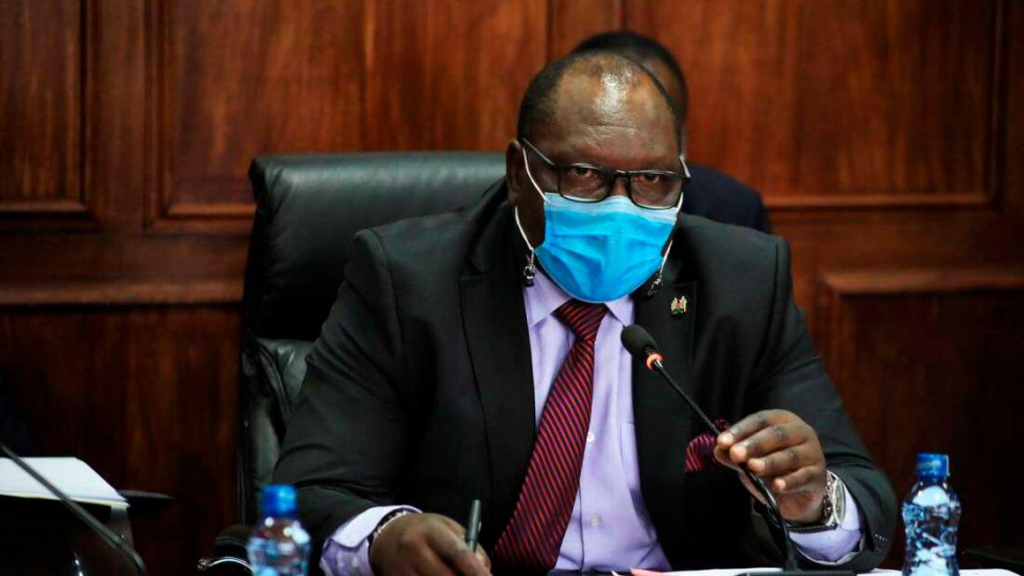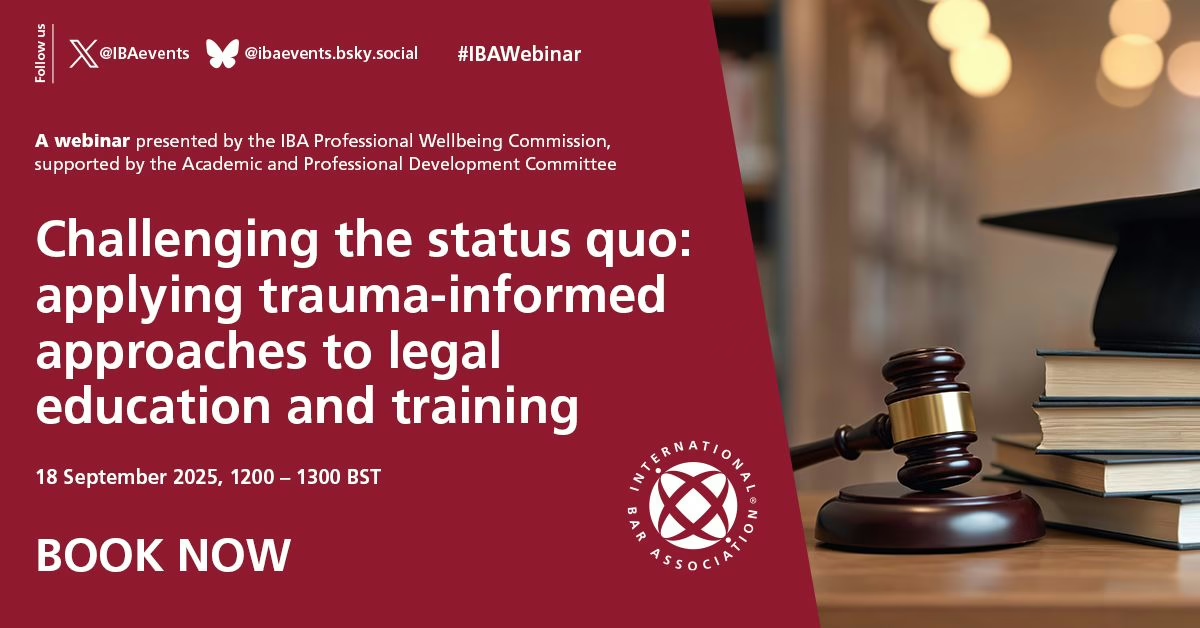Public Service Commission CEO Simon Rotich/NMG
All civil servants in the country now face a Sh1 million fine or a two-year jail term for failing to declare their wealth as well as their spouses and children’s wealth ahead of the December 31 deadline.
Public servants are required by law to reveal their incomes, bank deposits and assets such as land, buildings and vehicles once every two years. The filing must also capture the wealth of their spouses and children below 18 years.
“You are expected to commence and conclude disciplinary proceedings for cases of non-compliance from January 2, 2022, in accordance with human resource policies and procedures manual. All public officers in your institutions have a personal responsibility to comply and must therefore submit their complete and accurate every-two-year declarations,” Public Service Commission CEO Simon Rotich in a circular to all ministries, State departments and parastatals.
The window for civil servants to declare their wealth was opened last month and will lapse on December 31. The last wealth declaration was done in December 2019.
He said that all the 884,600 national government, county and parastatal workers must make their wealth declarations by the end of the year or face penalties and other undisclosed administrative action.
State workers who will provide incomplete and inaccurate information in their declarations face similar punishment in a move meant to curb endemic graft in government.
Those involved in business and consultancy will be required to provide details of contracts for the supply of goods and services as well as their value.
President Uhuru Kenyatta has in the past backed lifestyle audits on holders of public offices to curb corruption, which former Ethics and Anti-Corruption Commission (EACC) chairman Philip Kinisu estimated in March 2016 gulped about a third of the national budget every year.
Presently, public officers are expected to declare their wealth every two years, but the information contained in the wealth declaration forms remains confidential and can only be accessed by those in pursuit of public interest.
A Bill before Parliament aims to remove restrictions on Kenyans seeking to access information on income, assets and liabilities of persons holding public offices.
A number of top public servants are fighting asset freezes and seizures after investigations revealed secret bank accounts, cars, and apartments that could not match their pay.
This is a pointer that some civil servants fail to make full disclosures in the wealth declaration forms. The wealth of top State officials, including the President and his deputy, will be made public if MPs accept a fresh bid to change the law on lifestyle audits.
The Lifestyle Audit Bill, 2021 is seeking to remove restrictions on Kenyans seeking to access information on income, assets and liabilities of persons holding public office as part of efforts to fight corruption.
This is the second attempt to remove the restrictive clause that denies the public access to the information on the riches of State officers after a similar Bill was time-barred.
The proposed law requires that the self-declared wealth declaration forms be made easily available to the public through a website or in an unrestricted database hosted by the EACC.
Of particular interest will be the wealth of the President and his entire Cabinet, MPs and Senators, top county officials, executives of State-owned firms and other senior civil servants whose role in the theft of billions of shillings in taxpayer money has been flagged in audit reports.
The Bill seeks to repeal section 30 of Public Officer Ethics Act of 2003 that restricts access to information on the wealth of public officers.
The review of the wealth disclosure law seeks to increase transparency in the public sector and curb the practice where influential State employees enrich themselves through bogus tenders and suppliers.



















